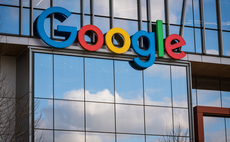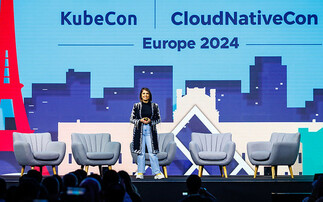Barak Regev also tells Bloomberg Enterprise Technology Summit that mobile is 'the gasoline' of cloud
Cloud forms the most important part of the ‘next cycle of computing' and it's being driven by the rise of mobile devices and user demand to access applications from anywhere, at any time. That's...
To continue reading this article...
Join Computing
- Unlimited access to real-time news, analysis and opinion from the technology industry
- Receive important and breaking news in our daily newsletter
- Be the first to hear about our events and awards programmes
- Join live member only interviews with IT leaders at the ‘IT Lounge’; your chance to ask your burning tech questions and have them answered
- Access to the Computing Delta hub providing market intelligence and research
- Receive our members-only newsletter with exclusive opinion pieces from senior IT Leaders






















